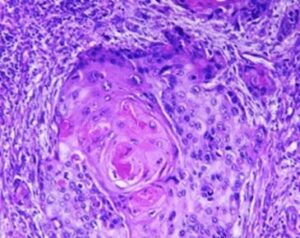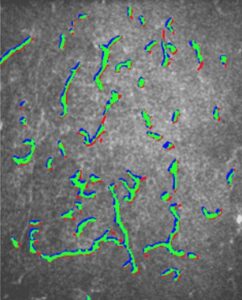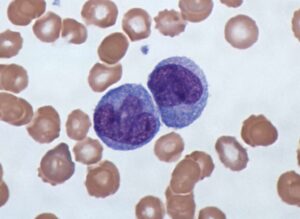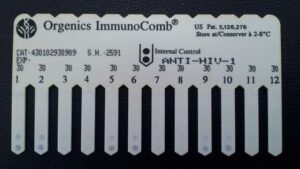The contribution of biomedical image processing and computer vision algorithms has signaled a paradigm shift in clinical practices and care in several ways: first, by providing accurate prognosis; second, by reducing the amount of expensive and invasive examinations, which implies sparing patient risks and reducing treatment costs, while at the same time increasing accuracy.
The need for new practices and use of software in biomedical image processing can be seen in economic terms, as the ever expanding market of biomedical image processing software is expected to reach (according to a study by Grand View Research, Inc.) 4.5 billion USD by the end of 2024. The combined innovation in imaging modalities and image processing algorithms can turn personalized-medicine into reality, integrating vast amounts of patient information (e.g., cell cytometry, histological samples, imaging) into a successful, cost effective, and rational treatment plan.
RSIP Vision is for a long time already a major driving force for innovation in the Biomedical imaging community, developing cutting-edge algorithmic solutions for imaging modalities used in clinical practices. Our algorithms are being used worldwide to perform routine laboratory tasks, (such as cell counts and classification) and to power applications in cardio-surgery. Our past projects include: blood cell classification, which enables on-the-fly blood counts; cell tracking, which permits studying cell motility in healthy and diseased conditions; organelle reconstruction from CT and ultrasound, which enables us to distinguish diseased from normal condition, as when extracting the volume of the left-atrium from 4-chamber view and left ventricle segmentation from cardiac MRI. Algorithms for segmentation have been gaining much attention at RSIP Vision, allowing us to set the gold standard in lung pulmonary segmentation and 3D reconstruction. RSIP Vision has concentrated efforts in the development algorithms dedicated to improve ophthalmic imaging in the eye, to segment the vascular tree, to detect macular anomalies, to perform multimodal registration, to screen for diabetes and to stitch mosaics into coherent panoramic images.
Other RSIP Vision’s applications in clinical practices are algorithms for bone segmentation and accurate measurement, used in orthopedic surgery planning and navigation. RSIP Vision’s algorithms have also been in the service of microscopic data analysis, such as the analysis of the expression levels in custom-made HIV tests.
Our algorithms and customized software are used in clinics and laboratories around the world, helping products come to market faster, with higher accuracy and lower operating costs.
We develop the software and you own the intellectual property. You show us your vision and we bring it to life. We have been doing that for many years now. Contact our expert engineers here.

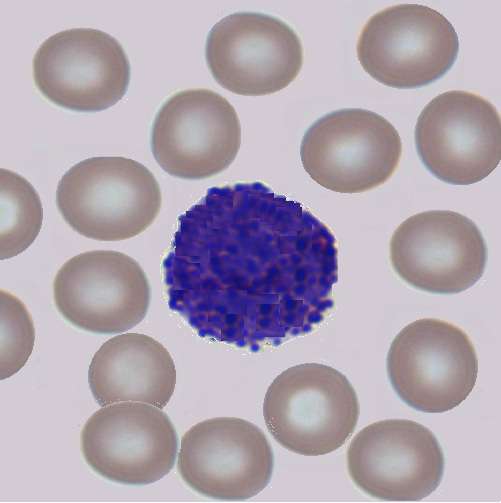
 Microscopy
Microscopy

